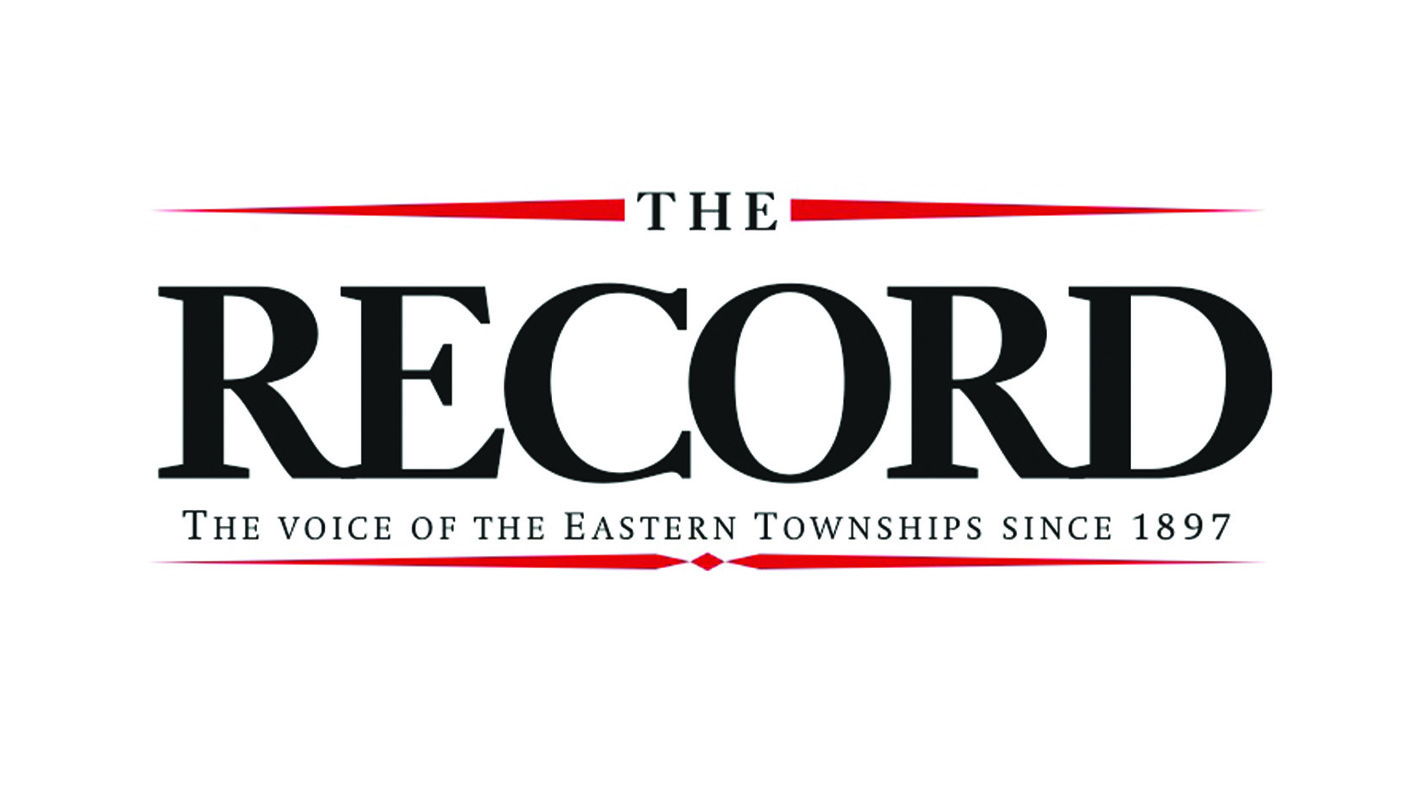Local Journalism Initiative
The Quebec government granted at least $14 million to 1,767 farm applicants in less than 24 hours last March 7. But you had to be reading the agricultural press closely to benefit—and only in French.
The Financière Agricole du Québec program was to compensate farmers for healthy environmental practices. Each farm could get up to $50,000 in subsidy, with 40 per cent up front, according to the Quebec Farmers’ Advocate monthly newspaper.
The problem for English-speaking farmers in Quebec is that the front-page Advocate story, announcing the available subsidy and explaining how to apply, arrived three weeks after the application period opened—and three weeks less a day after the money had all been granted.
The March issue of the Advocate appeared in our mailboxes on March 28, an unfortunate delay in such a time-sensitive situation.
The Quebec government’s speed announcing and handing out the money helped create the problem, though. The money was announced on February 8, according to the Advocate’s lead story, “Quebec farmers can get up to $50K for going green: Province unveils program to incentivize sustainable practices over 30-year period.”
In Quebec’s main French-language farm newspaper, the weekly Terre de Chez Nous, however, the grant announcement started appearing on February 9, a day after the government unveiled the program. A subsequent advertisement for the program ran on March 2.
According to the Advocate, the Financière Agricole’s Web site offered a summary of the program in English, but now all I can find on it are French versions, even when you click the “English” button on pages about the program.
The Financière Agricole in fact reports that it handed out nearly $20 million for the program, but that “The registration period is closed: all of the financial assistance has already been granted and no further applications will be taken in 2022” (my translation).
So, you really had to be in the know to get in on the assistance. And you had to be in the know in French.
Union des Producteurs Agricoles (UPA) president Martin Caron is certainly in the know. And his farm was among those that successfully registered for the program, in that 24-hour frenzy for the money.
“It’s very simple to register,” he told the Terre de Chez Nous, where as president of the UPA he writes most of the editorials. The UPA publishes the Terre weekly.
The UPA is also described as a “formal affiliate” of the Quebec Farmers’ Association (QFA), which publishes the Quebec Farmers’ Advocate. The UPA president’s editorials run in the Advocate as well, and the QFA is represented as a “specialties” member on the UPA’s board of directors.
You have to read the QFA Web site (last updated in 2017) carefully to catch the relationship between the UPA and QFA, but it’s very close, although not well defined even for members. I pay fees to both organizations.
So, in this situation of nearly $20 million being handed out in 24 hours to farmers in need, a lot of questions and problems come to mind.
Why did the Quebec government move so quickly that important members of the industry could not be informed? Why didn’t it run the same advertisement in the Advocate in English as it did in the Terre de Chez Nous? Why is the QFA’s Web site so out of date, and why is its newspaper arriving a month after the issue date? Why weren’t farmers told, even in French, that the grants were to be handed out first come first served? (The advertisement announced that the application period would close on April 30.)
QFA president John McCart has been advocating strongly in recent months for government grants to assist farmers not only in adopting new environmentally responsible practices but also to compensate those who are already using such practices.
UPA president Martin Caron echoed that sentiment in acknowledging his registration in the current Quebec program: “I noticed in seeing the form that past practices [such as grazing cattle on pasture] are not being recognized,” he told the Terre de Chez Nous for its March 16 story. “Also, farmers in outlying regions and organic farmers should get more support,” he said.
We hope that future assistance programs are better communicated, at least, than this one.
Scott Stevenson farms and writes at his home in Newport, Quebec. He read the French advertisement for this program in February but did not apply due to lack of time.






